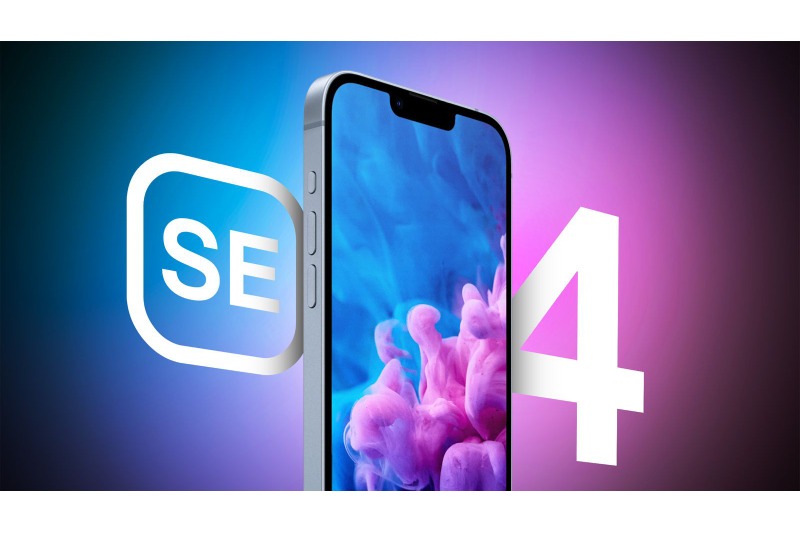Anomalo declared that it has broadened its collaboration with Google Cloud and placed its platform on the Google Cloud Marketplace, enabling customers to use their allotted Google Cloud spend to buy Anomalo right away. Without requiring them to write code, define thresholds, or configure rules, Anomalo gives businesses a method to keep an eye on the quality of data being handled or stored in Google Cloud’s BigQuery, AlloyDB, and Dataplex.
GenAI and machine learning (ML) models are being built and operationalized at scale by modern data-powered enterprises, who are also utilizing their centralized data to perform real-time, predictive analytics. That being said, the quality of the data that drives dashboards and production models determines their overall quality. One regrettable reality that many data-driven businesses soon come to terms with is that a large portion of their data is either , outdated, corrupt, or prone to unintentional and unwanted modifications. Because of this, businesses end up devoting more effort to fixing problems with their data than to realizing the potential of that data.
GenAI and machine learning (ML) models are being built and operationalized at scale by modern data-powered enterprises, who are also utilizing their centralized data to perform real-time, predictive analytics. That being said, the quality of the data that drives dashboards and production models determines their overall quality. A prevalent issue faced by numerous data-driven organizations is that a significant portion of their data is either missing, outdated, corrupted, or prone to unanticipated and unwanted modifications. Instead of utilizing their data to its full potential, businesses wind up spending more time fixing problems with it.
Keller Williams, BuzzFeed, and Aritzia are among the joint Anomalo and Google Cloud clients. As stated by Gilad Lotan, head of data science and analytics at BuzzFeed, “Anomalo with Google Cloud’s BigQuery gives us more confidence and trust in our data so we can make decisions faster and mature BuzzFeed Inc.’s data operation.” “We can identify problems before stakeholders and data users throughout the organization even realize they exist thanks to Anomalo’s automatic detection of data quality and availability.” Thanks to BigQuery and Anomalo’s combined capabilities, it’s an excellent place for data teams to be as they transition from reactive to proactive operations.
“Our shared goal of assisting businesses in gaining confidence in the data they rely on to run their operations is closely aligned with that of Google Cloud. Our clients are using BigQuery and Dataplex to manage, track, and create data-driven applications as a result of the skyrocketing volumes of data. Co-founder and CEO of Anomalo Elliot Shmukler stated, “It was a no-brainer to bring our AI-powered data quality monitoring to Google Cloud Marketplace as a next step in this partnership, and a massive win.”
According to Dai Vu, Managing Director, Marketplace & ISV GTM Programs at Google Cloud, “bringing Anomalo to Google Cloud Marketplace will help customers quickly deploy, manage, and grow the data quality platform on Google Cloud’s trusted, global infrastructure.” “Anomalo can now support customers on their digital transformation journeys and scale in a secure manner.”


 Business4 weeks ago
Business4 weeks ago
 Sports4 weeks ago
Sports4 weeks ago
 Science4 weeks ago
Science4 weeks ago
 Business4 weeks ago
Business4 weeks ago
 Science4 weeks ago
Science4 weeks ago
 Science4 weeks ago
Science4 weeks ago
 Technology3 weeks ago
Technology3 weeks ago
 Science2 weeks ago
Science2 weeks ago













